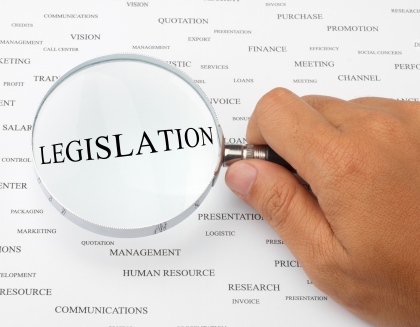
Regulatory Affairs
When people get sick they rely on modern medicine to make them better and this is done without a second thought because they know that the manufacturers have spent years developing their products to ensure their effectiveness and safety. The animal health industry also invests huge resources in developing, testing and manufacturing safe, effective veterinary medicines and Europe has one of the world’s most stringent licensing systems for controlling medicines (see Bringing veterinary medicines to market).
EFFICIENT REGULATION
The Europe Commission began a review of the legislation governing veterinary medicinal products in 2010 and IFAH-Europe is pushing for a regulatory process that can deliver a true single market for these products via what the federation has named the “1-1-1 Concept” – i.e. one dossier, one scientific assessment and one decision for marketing authorisation for all veterinary medicinal products. To assist with the preparation of the European commission’s impact assessment IFAH-Europe prepared a comprehensive Impact Assessment Data Package.
The links below give more detail on the 1-1-1 Concept and the benefits of a more harmonised system.
Roles and responsibilities in the new 1-1-1
|
A Veterinary Central Committee would be created to run the system.
It would:
The EMRN Secretariat would be coordinated by the VCC and its duties would entail:
National authorities would constitute the membership of the VCC (1 member per member state) and be an integral part of the EMRN:
|
The European Commission’s role:
Veterinary Review Committee
Scientific Expert Committees
Companies will need to:
|
